Image


Ocean DNA is a museum-wide effort to leverage our collections and adopt museum practices to support the use of DNA sequencing to survey marine life and assess ocean health, with a special emphasis on undiscovered “dark taxa" that may play a critical role in ecosystems.
Ocean DNA will develop trusted genetic reference libraries to serve emerging sequence-based biodiversity technologies, unlocking the full potential of environmental DNA. Ocean DNA will improve genetic-based surveys of marine life to inform policy, conservation, and the sustainable use of marine resources. We will use our existing collections, implement field expeditions, build on our genomic expertise, and leverage our partnerships. Ocean DNA will discover new species, detect invasive species, monitor ocean health, measure change, assess management practices, and inform conservation for life on a sustainable planet.
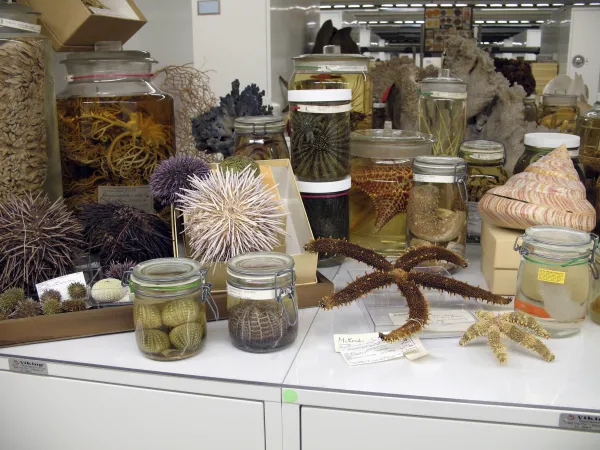
Unparalleled collections – NMNH curates the national collection across all marine groups, with over 45 million specimens. NMNH has the largest library of marine life, maintained for over 100 years.
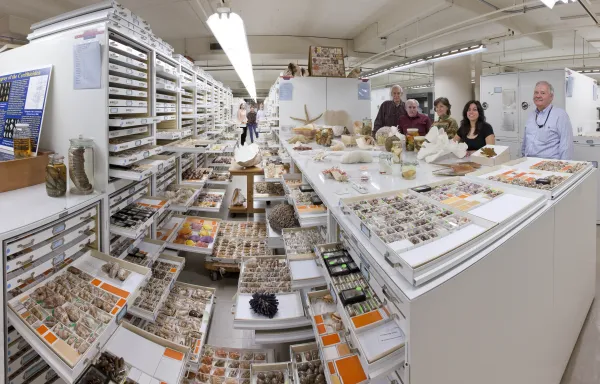
Expertise – Our collective natural history knowledge, genetic experience, and infrastructure have enabled us to optimize the generation of genetic barcodes at scale to augment genetic reference libraries.

Longevity – We turn one-time samples into long-term collections. NMNH is the trusted repository for the curation and long-term storage of these critical collections, which will be maintained into perpetuity.
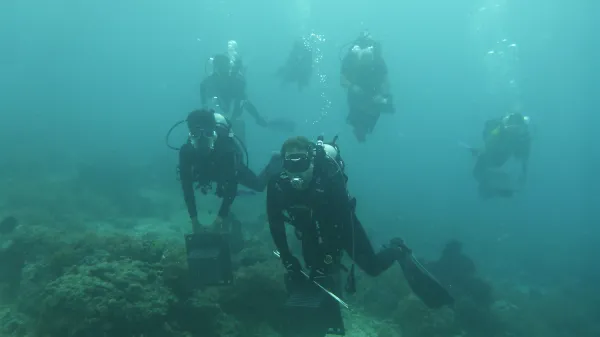
Filling the gaps – Documenting the unknowns in regards to the knowns, both taxonomically and geographically, strategically focuses our field expeditionary efforts to maximize collections investment to build genetic reference libraries for more species.
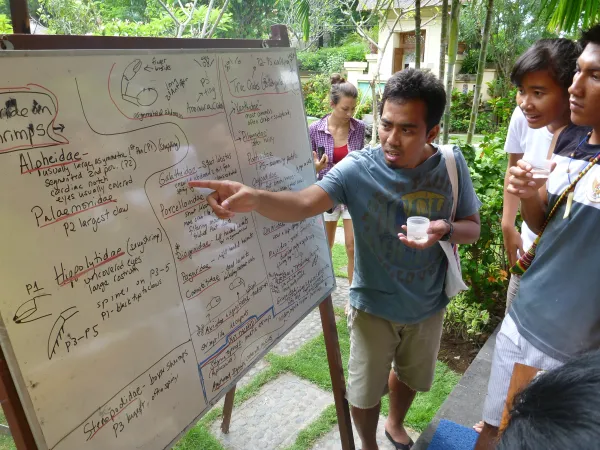
Public service –Federal, state and local partners look to NMNH as the biodiversity accountants and to build out and improve voucher-based genetic reference libraries to be used to identify environmental sequences.
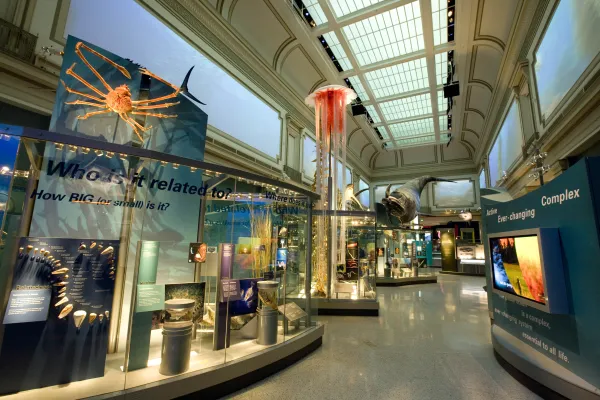
National Reach – NMNH is a trusted apolitical voice with access to a diverse audience; no other institution has a cross-country and international mandate for the increase and diffusion of knowledge.
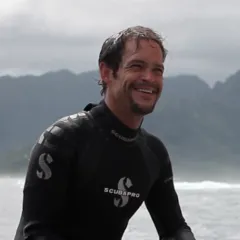
Chair of Invertebrate Zoology, Research Zoologist and Curator
Invertebrate Zoology

Affiliate Research Zoologist, NOAA Fisheries, Curator of Medusozoa, Porifera, Ctenophora and Protozoa
Invertebrate Zoology